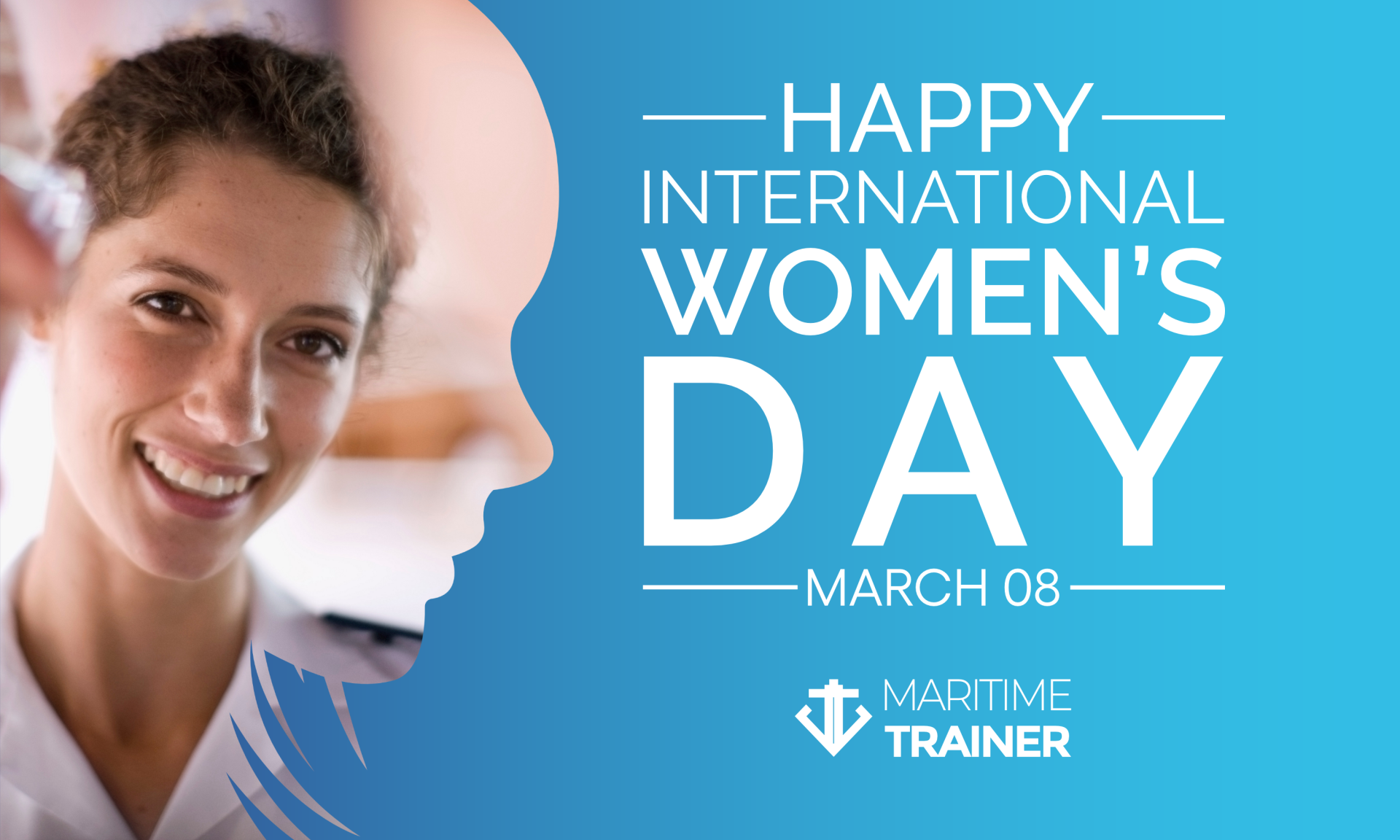Empowering Diversity and Equality: Celebrating Women in the Maritime Sector

As we approach International Women's Day on the 8th of March, 2024, it is an opportune moment to shine a spotlight on an often-overlooked segment of the workforce that plays a crucial role in the global economy: women in the maritime industry. Despite the industry's pivotal role in global trade, women have historically been underrepresented in maritime roles. This blog post delves into the importance of women in the maritime industry, the benefits of diversity, and the steps we can take to increase their numbers.
The Current Landscape
The maritime industry, vital for international trade, has long been dominated by men, with women making up a small percentage of the workforce. However, the tide is slowly turning, with more women entering the field, taking on roles from ship crew members to maritime executives. Their contributions are not just filling gaps in the workforce but also bringing unique perspectives that drive innovation and efficiency.
The Importance of Women in Maritime
Women bring diverse skill sets and viewpoints to the maritime industry, enhancing problem-solving capabilities and fostering a culture of innovation. Gender diversity in the workplace has been linked to higher creativity, better decision-making, and improved economic performance. These benefits cannot be overstated in an industry as complex and globally intertwined as maritime. Women's participation also helps address labor shortages, broadening the talent pool in a sector that requires a wide range of skills to meet the demands of the 21st century.
Challenges Faced by Women
Despite the progress, women in maritime face significant barriers. These include gender stereotypes, a lack of visibility of female role models, and inadequate support for work-life balance, which can deter women from pursuing or advancing in maritime careers. Moreover, women often encounter challenges in accessing maritime education and training opportunities, further limiting their entry into the industry.
The Case for Increasing Women's Participation
Incorporating more women into the maritime workforce is not just a matter of equity; it is a strategic imperative for the industry's sustainability and growth. A diverse workforce can enhance operational effectiveness, improve team dynamics, and lead to more innovative solutions to complex challenges. Furthermore, promoting gender diversity can enhance the industry's reputation, making it more attractive to young professionals seeking inclusive and dynamic career paths.
Steps Towards Empowerment and Diversity
- Education and Awareness: Initiatives to raise awareness about maritime careers among women, coupled with scholarships and targeted recruitment efforts, can help increase female enrollment in maritime academies.
- Mentorship and Role Models: Establishing mentorship programs and highlighting successful women in maritime can provide valuable guidance and inspiration for aspiring female professionals.
- Workplace Policies: Implementing gender-sensitive workplace policies, including flexible work arrangements, maternity leave, and measures to combat harassment, can create a more inclusive environment.
- Leadership Opportunities: Encouraging women's leadership development and ensuring equal opportunities for advancement are critical for retaining talented women in the maritime sector.
- Collaboration and Advocacy: Collaboration between industry bodies, NGOs, and international organizations can amplify efforts to promote gender diversity in maritime. Advocacy campaigns can help shift industry norms and policies towards greater inclusivity.
Conclusion
As we commemorate International Women's Day, it is crucial to recognize and celebrate the contributions of women to the maritime industry while acknowledging the work that lies ahead in achieving gender parity. The maritime sector stands at a crossroads, with the opportunity to redefine itself as a beacon of diversity and inclusion.
By taking decisive steps to welcome and empower women within its ranks, the industry can navigate towards a more equitable, innovative, and resilient future. Let's commit to championing women in maritime, not just on International Women's Day but throughout the year, as we strive for a truly inclusive industry that leverages the strengths of all its members.




